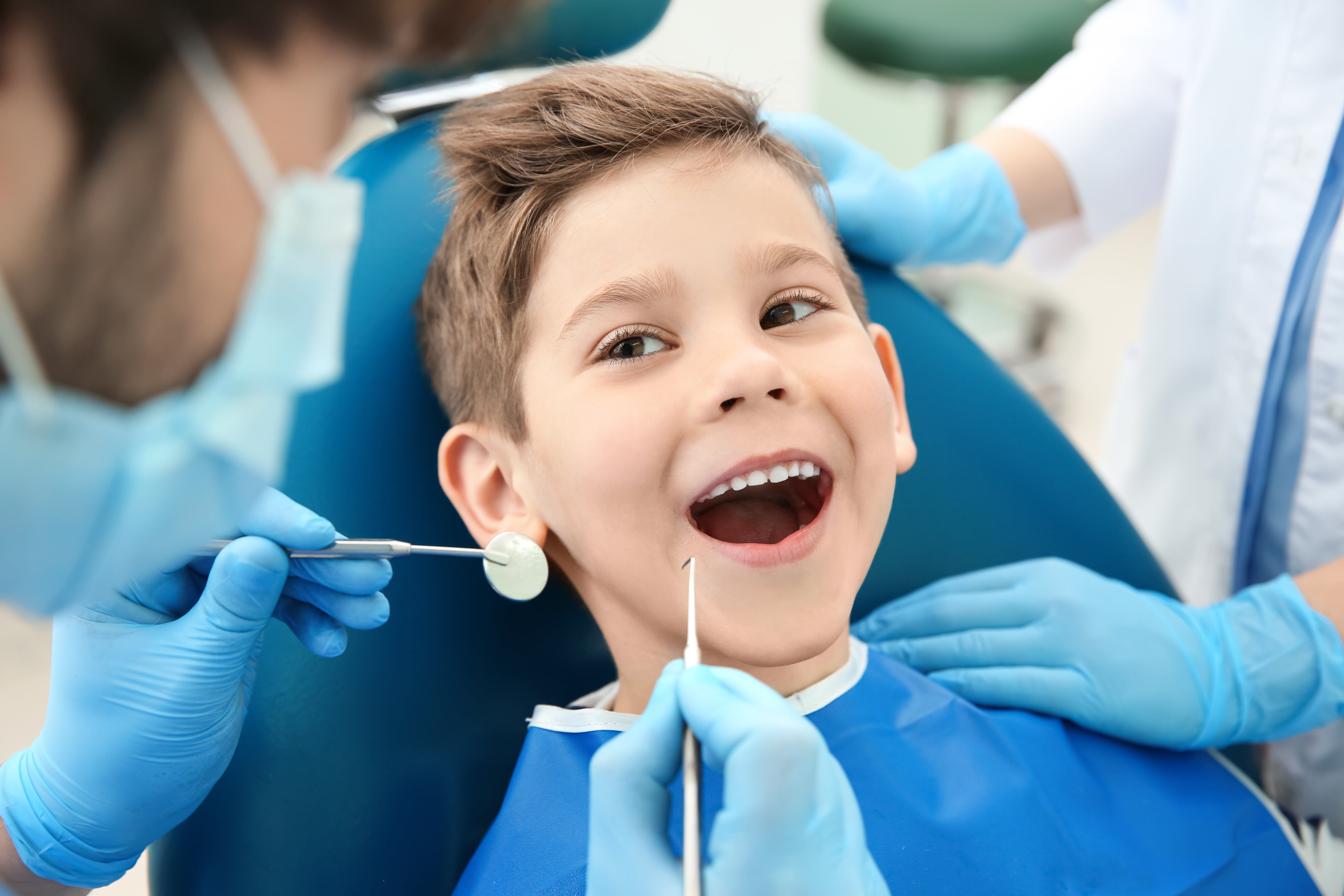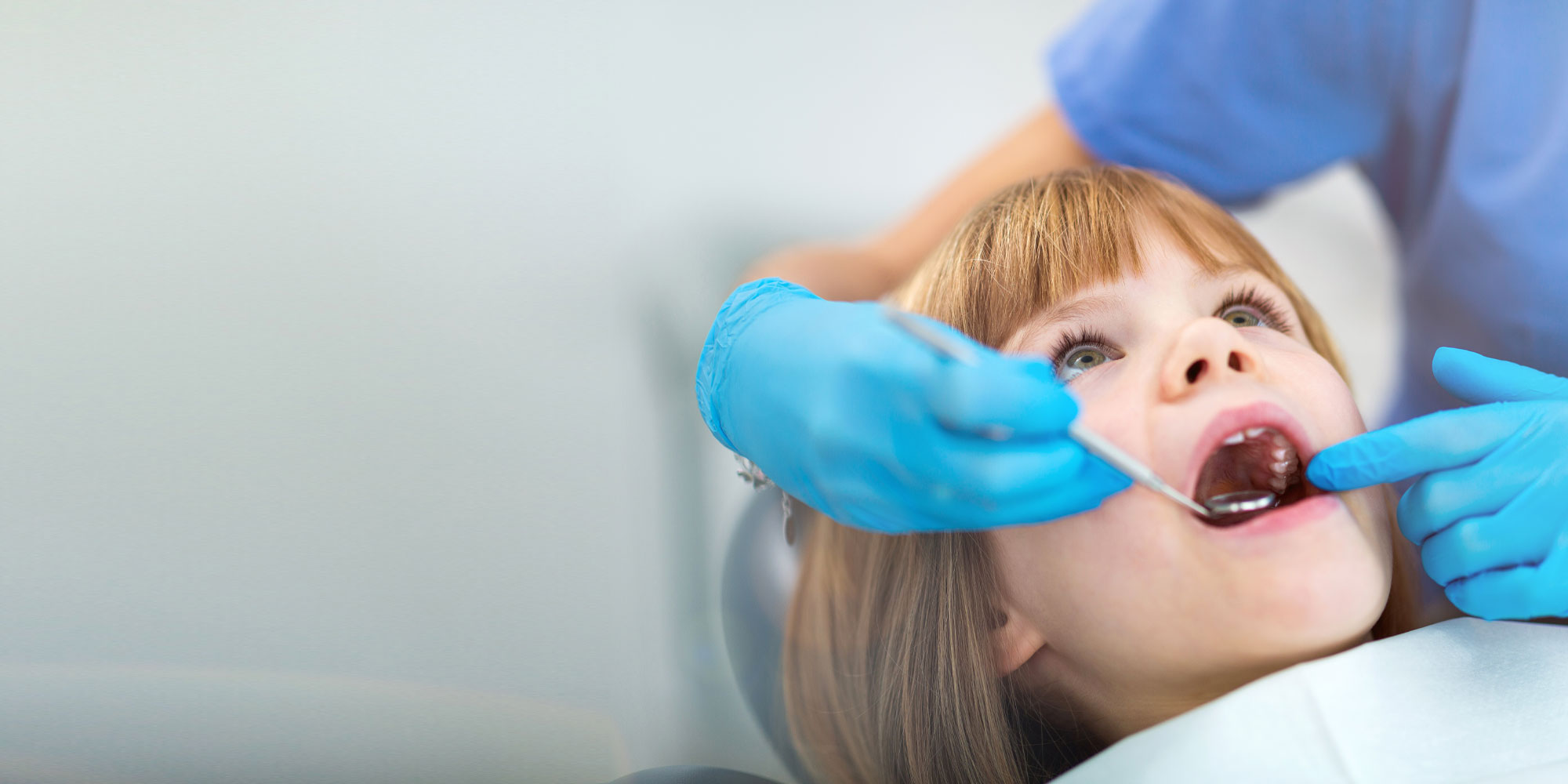Pediatric Dental Emergencies: What Moms And Dads Need to Know for Quick and Effective Treatment
In the realm of pediatric medical care, dental emergency situations can develop unexpectedly, leaving moms and dads not sure of how to handle the circumstance efficiently. By being prepared and educated, moms and dads can play an essential function in safeguarding their child's oral health.
Signs of Pediatric Dental Emergencies
When analyzing pediatric oral emergencies, it is essential for moms and dads to be cautious for specific signs suggesting prospective severe concerns. One of the primary signs of a dental emergency in kids is relentless tooth pain that is not minimized by non-prescription pain medications.

Usual Kinds Of Dental Injuries
Usual kinds of oral injuries in children often result from mishaps or sports-related tasks that can lead to various types of injury to the mouth and teeth. One common oral injury is a broken tooth, which can range from a minor chip to a much more extreme break involving the internal layers of the tooth. Youngsters might also experience dental injuries like tooth invasion, where the tooth is pressed into the jawbone, or avulsion, which is the complete displacement of a tooth from its outlet.
Immediate First Aid Steps
Upon running into a pediatric oral emergency, swift and appropriate initial aid measures are critical to relieve pain and prevent more issues. For a knocked-out tooth, instruct the youngster to carefully rinse the tooth with water, trying not to touch the origin, and place it back in the outlet if possible. If re-implantation is not feasible, save the baby dentist tooth in a container of milk or the kid's saliva until getting to the dental expert.
When to Seek Specialist Assistance
Seeking punctual oral care from a pediatric specialist is essential in resolving prospective complications developing from pediatric oral pop over to this site emergency situations. Parents should seek professional assistance instantly if their youngster experiences severe tooth pain, face swelling, hemorrhaging that doesn't stop, a knocked-out irreversible tooth, or any injury to the mouth or face. These indicators suggest a severe oral concern that requires instant focus from a pediatric dental professional.
In addition, if a child suffers consistent tooth level of sensitivity to hot or cold, problem eating or ingesting, or indicators of infection such as pus around the gums, parents ought to not delay in looking for expert oral treatment. These signs and symptoms could suggest underlying oral issues that require to be resolved promptly to avoid further complications.
In cases of dental emergency situations, it is important for parents to speak to a pediatric try here dental practitioner asap to guarantee proper medical diagnosis and treatment - pediatric dentistry oakland. Postponing expert aid can cause exacerbated dental concerns and extended discomfort for the kid

Preventing Future Oral Emergency Situations
To decrease the likelihood of future oral emergencies, moms and dads must prioritize consistent dental hygiene techniques and routine visits to a pediatric dental practitioner for preventative care. Urging children to comb their teeth twice a day with fluoride toothpaste and showing them the proper method for two mins each time can significantly decrease the risk of oral issues.
Routine brows through to a pediatric dental professional for examinations and cleansings are crucial for early detection of any kind of potential oral troubles. These visits permit the dentist to keep track of the youngster's dental health and wellness, offer expert cleanings to eliminate plaque and tartar buildup, apply fluoride treatments for added defense, and deal advice on correct dental treatment methods.
Final Thought
Finally, parents should be aware of the indicators of pediatric oral emergency situations, typical kinds of oral injuries, prompt very first aid steps, and when to seek specialist assistance. By taking positive steps to avoid future oral emergencies, parents can ensure fast and efficient treatment for their youngsters. It is vital to remain notified and prepared in order to manage any oral emergency that may emerge.